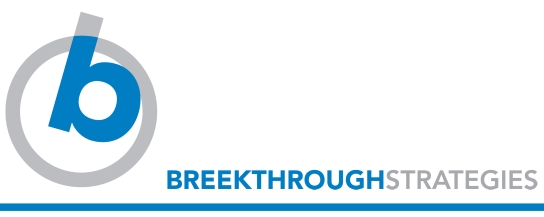IMPLEMENTING A SIMPLE AND SUCCESSFUL PERFORMANCE APPRAISAL PROCESS

This is the time of year when many organisations are embarking on their annual performance appraisal system. In my experience there are few things managers and leaders detest more than the annual appraisal cycle. Well-meaning HR departments often create appraisal systems that try to capture everything, cover all bases and can be used for multiple purposes – including forward planning, professional development, succession planning, remuneration decisions, bonuses, promotion or demotion decisions – you name it. The result? Appraisal systems that are often complex, lengthy and a nightmare for managers to follow, and worse still they are often timed to coincide with the busiest time of the year – the end of financial year.
Creating the right balance between gathering critical information, encouraging the right conversations and putting in place a practical, workable process is a real juggling act. In my experience in designing and delivering appraisal systems across a range of industries and organisations over the last 15 years or so, I’ve come to the conclusion that there are only 5 questions that really matter – and these can be covered off on one page in 30 minutes. Here they are:
- What have you accomplished over the last period that you are particularly proud of?
This question is motivating, energizing and based on the assumption that everyone contributes positively to the organisation, no matter what their level or role.
- What would you like to have achieved that you were unable to?
Not everything goes to plan, obstacles get in the way of achievement that may not have been anticipated, and we don’t always succeed in everything. This question gives the individual permission to talk openly about what may have gone wrong, without attaching blame or fault and encourages a continuous improvement approach to learning. - What would you like to focus on in the coming period and what would success look like?
OK this is really two questions in one. Asking someone this question empowers them and will generate greater commitment to the plans and priorities you both agree on. It also reinforces a culture of accountability and self-leadership. It is visionary as well as measurable. After all, we are much more motivated to deliver outcomes we have identified ourselves, rather than those that are imposed on us. We are more likely to focus on delivering outcomes we can see and describe rather than vague wish-lists. - What training, development or other support do you need from me in order for you to be successful?
As a leader, providing support to your team is essential to the achievement of outcomes. We want everyone to succeed, so we need to set them up for success. Achieving outcomes is a joint responsibility between you and your staff.
- How am I going?
This is a great opportunity for you as a leader to seek upward feedback. Often it won’t be given unless it’s asked, and by this stage of the conversation you will have created a level of openness and trust that will encourage your staff to provide you with some constructive feedback.
Of course, both of you must prepare for the discussion – ask your staff members to come prepared with their views as well as preparing your own answers. That way you can discuss differences of perceptions, views or priorities openly and honestly. Then follow up regularly with quick Keep/Stop/Start conversations – what is working well (keep), what is not working (stop) and what else needs to be done to achieve agreed outcomes (start).
You may find that at the end of these conversations you both come away energized and motivated for a productive and successful year ahead!
